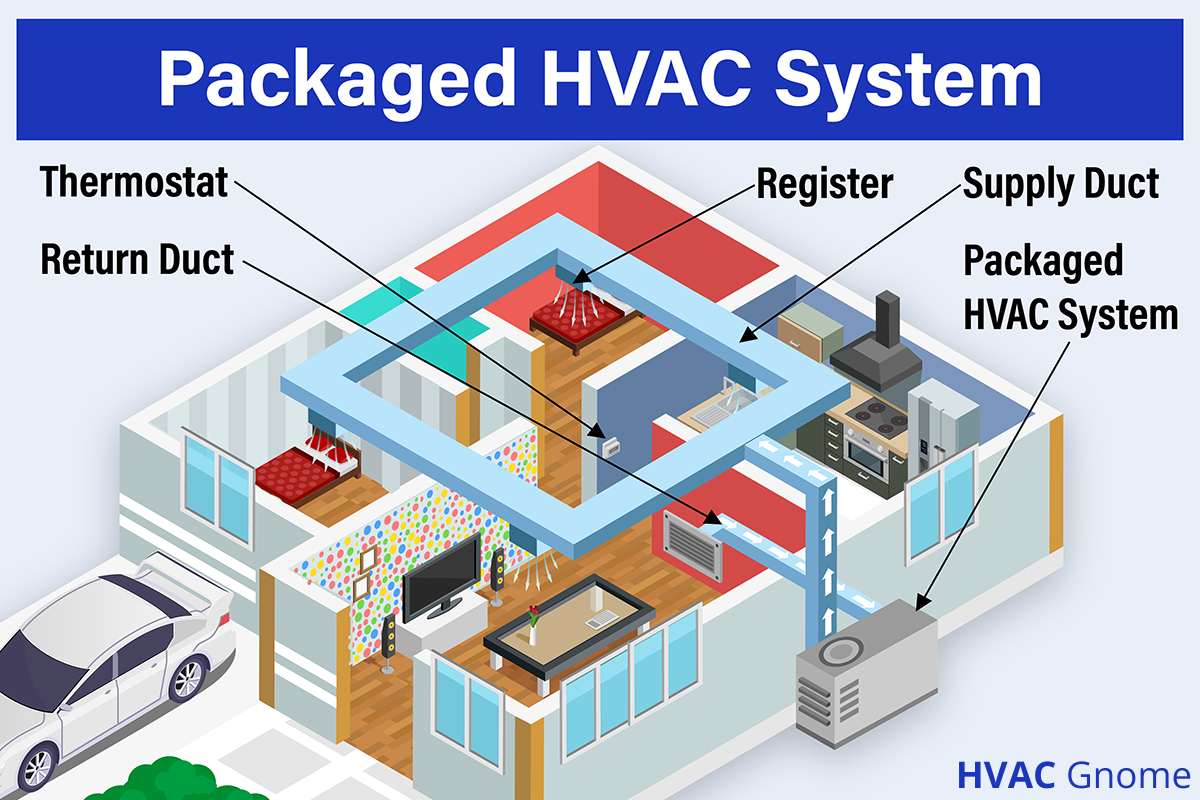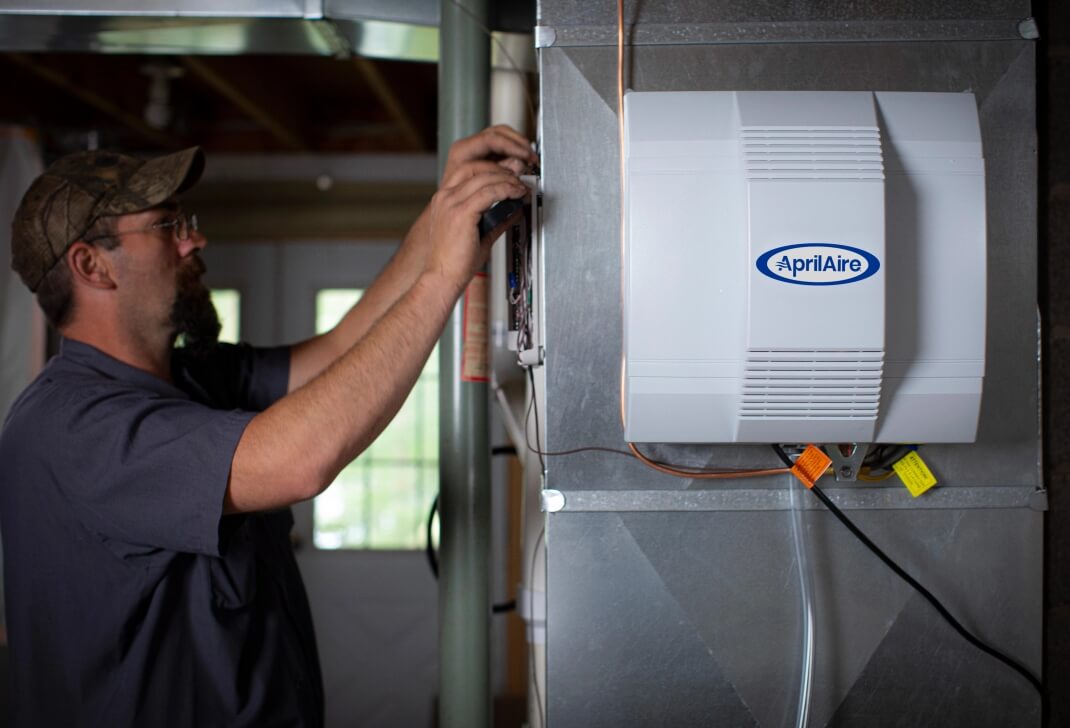How Air Conditioning Solution Revolutionize Indoor Atmospheres for Year-Round Convenience
The arrival of air conditioning systems has actually undoubtedly transformed the method we experience interior settings, supplying extraordinary control over temperature level and comfort throughout the year. These systems go beyond simple temperature changes; they improve indoor air high quality and contribute substantially to energy efficiency.
Temperature Level Control and Adaptability
When it comes to accomplishing year-round convenience, the significance of temperature level control and versatility in air conditioning systems can not be overstated. Modern air conditioning devices use sophisticated technologies such as programmable thermostats and variable rate compressors, which enable customers to keep preferred temperatures with impressive effectiveness.
Flexibility is one more essential part of modern air conditioning systems. With attributes like zoning abilities, individuals can customize temperature setups in various areas of a structure, satisfying specific preferences and usage patterns. This degree of control guarantees optimum comfort in every space while minimizing power waste. Additionally, some systems integrate clever technology, making it possible for remote access and monitoring through smart phones. This innovation permits customers to adjust settings on-the-go, supplying unequaled convenience and versatility.
In commercial areas, this versatility is specifically helpful, as it permits businesses to create customized environments that enhance efficiency and client complete satisfaction. Eventually, the accuracy and flexibility of modern cooling systems play an essential function in delivering reliable, year-round indoor convenience.
Enhancing Indoor Air High Quality
In addition to temperature level control, enhancing indoor air high quality is a vital element of modern-day air conditioning systems. Integrating high-efficiency particle air (HEPA) filters, modern air conditioners can record microscopic fragments, such as smoke, dust, and plant pollen, which add to respiratory system issues and allergic reactions.
Moreover, progressed air conditioning systems typically include attributes such as humidity control, which is essential in avoiding mold and mildew development and keeping optimal wetness degrees (HVAC Contractor). Excessive moisture can cause discomfort, advertise microbial development, and exacerbate particular health and wellness problems. By managing moisture, ac system help reduce these risks, better enhancing indoor air top quality
In addition, some systems integrate air cleansers and ionizers, using innovations that reduce the effects of toxins and deactivate airborne virus. This comprehensive method to air high quality administration ensures a healthier interior atmosphere, decreasing the danger of disease and enhancing general health. As a result, the emphasis on air high quality enhancement emphasizes the advancing role of cooling systems beyond plain temperature level regulation.
Power Efficiency Innovations
Modern air conditioning systems have gone through significant developments in energy performance, contributing to both price savings and ecological sustainability. The fostering of high-efficiency compressors, variable speed motors, and advanced cooling agents are crucial developments that have actually changed just how these systems operate.
Smart thermostats have likewise played a crucial function in boosting power performance. These tools discover individual preferences and adjust cooling down routines appropriately, guaranteeing that a/c systems run only when needed. Integration with smart home innovations enables for push-button control and tracking, more reducing energy wastefulness.
These cooling agents are not only much better for the environment but additionally enhance system efficiency, lining up with worldwide initiatives to decrease carbon footprints. Developments in warm exchanger technology have actually allowed more effective warm transfer, boosting total system efficiency.
Influence on Health And Wellness and Health
The impact of air conditioning systems on wellness and health is multifaceted, influencing various elements of everyday life. Mainly, these systems supply remedy for extreme temperature levels, which is crucial for at risk populations such as the senior and people with certain wellness conditions. By maintaining a steady interior climate, cooling minimizes the danger of heat-related illnesses, including heat fatigue and heatstroke, thereby protecting owners' health.

Nevertheless, it is necessary to keep air conditioning systems regularly to ensure their optimal functionality and to prevent prospective wellness risks connected with inadequately preserved devices, such as the spreading of microorganisms. Inevitably, when effectively taken care of, a/c systems play a critical role in improving convenience, advertising well-being, and supporting a healthier living setting throughout the year.
Combination With Smart Technology
Smart technology has actually revolutionized the way air conditioning systems operate, providing enhanced control, convenience, learn this here now and performance. Modern cooling devices currently incorporate seamlessly with clever home communities, enabling users to handle their indoor climate remotely via smart devices or voice-controlled tools. This connection allows real-time monitoring and changes, making certain that energy consumption is enhanced and comfort is preserved without the requirement for consistent manual intervention.
The combination with clever innovation also facilitates the usage of sophisticated scheduling functions, permitting systems to adjust temperatures according to tenancy patterns and preferences. HVAC Contractor. This not only optimizes comfort but likewise reduces unneeded power usage, contributing to lower utility expenses and a decreased carbon impact. In addition, smart sensors provide important data on air top quality and system performance, notifying individuals to potential concerns before they escalate into costly fixings
In addition, new ac system cost compatibility with clever home aides such as Amazon Alexa or Google Aide improves user experience by offering hands-free control and the capability to produce personalized automation regimens. As clever technology proceeds to advance, it will unquestionably bring further technologies to air conditioning systems, guaranteeing they remain at the forefront of providing ideal indoor settings year-round.
Conclusion

In enhancement to temperature control, enhancing indoor air quality is an essential aspect of modern air conditioning systems. Incorporating high-efficiency particle air (HEPA) filters, modern air conditioners can catch microscopic fragments, such as smoke, plant pollen, and dust, which add to respiratory issues and allergic reactions. By regulating humidity, air conditioners help reduce these risks, better boosting interior air top quality.
The emphasis on air high quality improvement emphasizes web the advancing function of air conditioning systems past mere temperature regulation.
Furthermore, air conditioning systems contribute to improved interior air quality by filtering out contaminants, irritants, and particle matter.